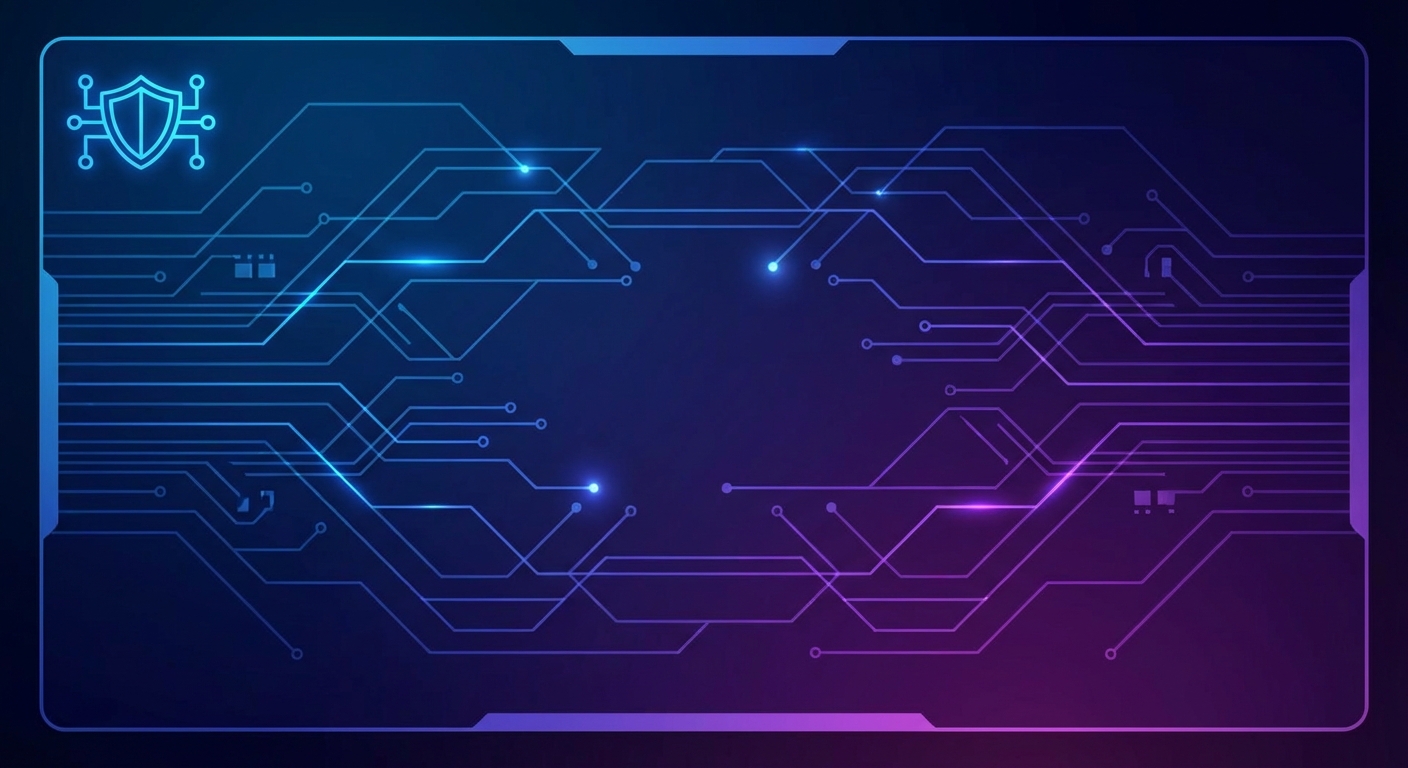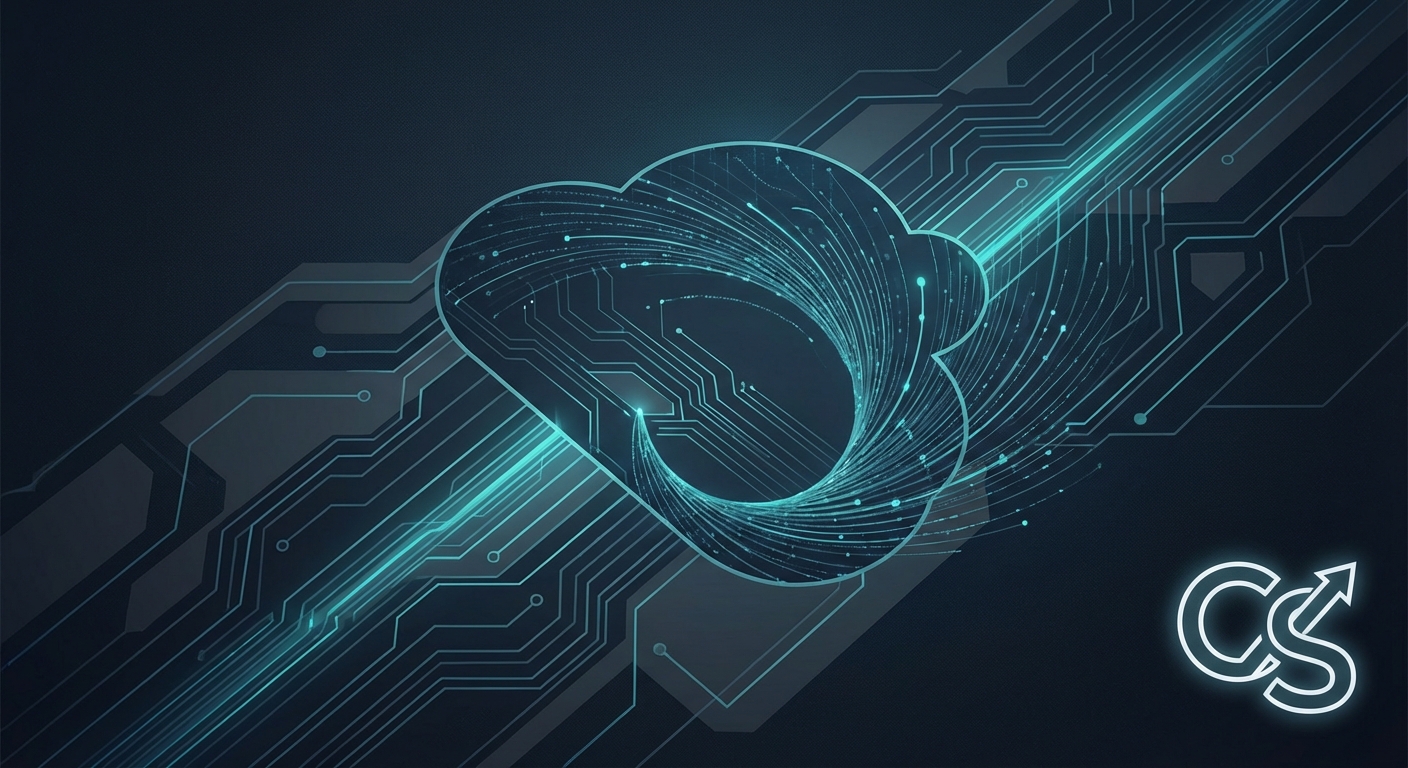The Dynamics of Automated Negotiation
TL;DR
Introduction to Automated Negotiation
Automated negotiation is here.
Automated negotiation uses ai to strike deals, like, without humans sweating it out. Instead of old-school haggling, it relies on advanced computational techniques.
- Think ai, fancy algorithms, and maybe even some game theory thrown in. Game theory helps predict how rational agents will behave in strategic interactions, which is super useful for designing negotiation strategies.
- It's not just about price, though. It's about figuring out the best terms, whatever they is.
It's not just for e-commerce either. Imagine using it in healthcare for insurance claims or even in supply chain management. While it’s early days, Advancing ai Negotiations: New Theory and Evidence from a Large-Scale Autonomous Negotiations Competition shares a large-scale ai competition that shows principles from human negotiation theory remain crucial. Now, let's get into the key components: the underlying technologies, the benefits, the challenges, and how to implement it.
Benefits of Automated Negotiation in Key Sectors
So, how exactly does automated negotiation play out across a few key areas? Well, let me tell you, it's pretty interesting. It's not just about automating the dull stuff; it's about making the whole process better.
Efficiency and Speed: Automated negotiation can drastically speed up deal-making. Instead of back-and-forth emails and calls, ai agents can process information and propose terms much faster. This is a big win for time-sensitive deals.
Cost Reduction: By reducing the need for human intervention in repetitive negotiation tasks, companies can save on labor costs. This is especially true for high-volume transactions.
Improved Decision-Making: ai agents can analyze vast amounts of data to identify optimal negotiation strategies and predict outcomes, potentially leading to more favorable deals than humans might achieve alone.
Enhanced Security and Trust: This is where AI Agent Identity Management comes in. It's basically ensuring that ai agents are who they say they are. This is crucial for negotiation because it prevents impersonation and ensures that you're dealing with the legitimate party. It makes identity verification and access control way more efficient and scalable, which is great if you have a ton of ai agents to manage. Without proper identity management, a compromised ai could lead to fraudulent deals.
In cybersecurity, automated negotiation can be a game-changer. It's all about faster responses and less human error, which is always a good thing.
- Imagine ai agents automatically detecting and responding to threats by negotiating security protocols or access rights in real-time.
- Plus, resolving incidents through automated workflows? yes please!
Enterprise software can also benefit big time from automated negotiation. It's not just about cutting costs; it's about making the whole process smoother.
- Think streamlined contract negotiation and vendor management, where ai can handle initial terms and flag exceptions for human review.
- And improved resource allocation through automated agreements, sounds pretty good, right?
Automated negotiation is def gonna change how things get done in these areas. Next up, we'll delve into the challenges.
Challenges and Considerations
Okay, let's dive into the challenges and considerations of automated negotiation, especially when it comes to identity management and security. It's not all smooth sailing, ya know?
One of the biggest headaches is, like, making sure these automated systems are secure. If there's a weak spot, bad actors can totally mess things up. What if someone hacks an ai agent and uses it to negotiate a deal that screws over your company? Not fun. AI Agent Identity Management, which we touched on in benefits, also presents a challenge here. Ensuring robust authentication and preventing spoofing of ai identities is paramount to avoid such security nightmares.
- Securing negotiation processes involves a bunch of stuff. Think robust authentication to verify ai agent identities. Encryption is also key for protecting sensitive data during negotiations.
- Plus, you need constant monitoring to spot anything fishy going on. It's like having a digital security guard on duty 24/7.
Then there's the whole fairness thing. How do you make sure these ai-driven negotiations are actually fair? It's not always easy, especially when algorithms have biases baked into them.
- Algorithmic bias can lead to inequitable outcomes, so that’s something to watch out for.
- Transparency is super important. Everyone needs to understand how decisions are being made, even if it's ai doing the negotiating.
AuthFyre (a platform focused on ai agent identity and governance) can help with some of these challenges. It's all about securing and managing ai agent identities, which is crucial for building trust and preventing those security nightmares, as mentioned earlier. AuthFyre helps companies integrate ai agents safely and provides resources for navigating ai agent identity governance.
- It helps enterprises integrate ai agents safely, by centralizing and securing ai agent identities.
- Plus, AuthFyre's resources helps navigate ai agent identity governance, which is great for compliance reasons.
So, yeah, automated negotiation is cool and all, but you've gotta think about the downsides too. Speaking of, next up, let's see what the future holds for this automated stuff.
Strategies for Successful Implementation
So, you're thinking about diving deep into automated negotiation, huh? It's not just about the tech, it's about how you bring it all together. Trust me; get this wrong and you'll wish you were still haggling the old-fashioned way.
First things first: nail down what success actually looks like. Don't just say "better deals." Get specific.
- Are you aiming for faster contract cycles?
- Reduced costs per transaction?
- Or maybe a higher rate of successful agreements?
Whatever it is, write it down along with what's off-limits. Are there certain clauses you absolutely won't budge on? Know your boundaries to keep things from going sideways.
Don't just grab the shiniest new platform. Does it play nice with your existing systems? Can you tweak it to fit your weird, unique needs? These automated systems are not one-size-fits-all.
Once you're up and running, don't just set it and forget it. Track those KPIs like a hawk. Are the AI agents hitting the targets? If not, tweak the algorithms, refine the strategies, and keep iterating.
As Rinseo Park | The Change Lab says, it's about “distance” in communication. In the context of automated negotiation, this "distance" refers to the gap between the intended outcome of the negotiation and the actual result achieved by the ai agents, or the disconnect between human understanding and the ai's decision-making process. You want that distance to shrink, not widen, between your goals and what these AI agents are actually doing.
The Future of Automated Negotiation
The future of automated negotiation? Honestly, it's lookin' pretty wild. I mean, who woulda thought ai could haggle better than my grandpa?
- ai and Machine Learning is gettin' smarter, ya know? This is helping ai negotiation systems make way better decisions. For example, in retail, ai could dynamically adjust pricing and terms based on real-time customer demand and inventory levels, leading to more personalized and profitable deals. In healthcare, ai could finetune payment plans based on a patient's specific financial situation and insurance coverage, making the negotiation process less stressful and more equitable.
- Blockchain and Smart Contracts are adding trust and security, like, where it's never been before. Imagine automated escrow services in real estate where funds are released automatically once all conditions are met, or supply chain contracts that self-execute once goods are verified and delivered – no lawyers needed for the basic execution.
- Natural Language Processing (nlp) is letting ai understand human speak better than ever. This means ai agents can actually "get" the nuances of a negotiation, like emotional cues and unspoken needs, leading to more empathetic and effective deal-making. For instance, an ai could detect frustration in a counterparty's language and adjust its offer to de-escalate the situation.
But, like, with all this power comes some responsibility, right?
- We need guidelines for ai negotiation so it's not biased or shady. This could include frameworks for ensuring fairness in pricing algorithms or preventing ai from exploiting information asymmetry in financial negotiations.
- Legal and compliance requirements are key. What if an ai screws up a contract? Who is liable? We'll likely see new regulations defining accountability for ai-driven agreements, perhaps requiring human oversight for high-stakes deals.
- And we gotta make sure everything is transparent, ya know? People need to understand how these ai systems makes decisions. This might involve developing explainable ai (XAI) techniques specifically for negotiation contexts.
The game is changing, and we need to keep up... or get left behind. The trajectory points towards increasingly sophisticated ai agents capable of complex, multi-party negotiations, blurring the lines between automated and human-led deal-making.





